Can you remember the last time that water you didn’t hace enough water?
You must likely don´t, it may never have happened to you, but for millions of people around the world a scarcity or total lack of clean water is a challenge and a constant obstacle to fully develop.
Access to clean water and sanitation is a fundamental Human Right and one of the Sustainable Development Goals for integral growth and the future of all people. Hoy #DíaMundialDelAgua SiKanda celebra la finalización de obra de construcción de sistemas de captación de agua de lluvia que dotarán de agua limpia y segura a niños de Zaachila Oriente.
In the context of the east side of Villa de Zaachila, a population that surrounds the largest landfill in the state of Oaxaca, which on a daily basis receives approximately one thousand tons of urban solid waste produced by the inhabitants of the capital city and about twenty suburban municipalities, the lack of conditions and services to guarantee the development of the nearly 17 thousand inhabitants predominates.






In collaboration with teachers and parents, facilities were built for rainwater harvesting and storage, which will meet the needs of WASH (water, sanitation and hygiene) and self-care of children, especially for the girls going through adolescence.
The closure of schools to avoid contagion by COVID-19 presented an opportunity to carry out the works, without affecting the students activities in a normal setting, in anticipation of an upcoming reopening. Although there are still no dates for school return, the availability of sufficient water represents a plus point to guarantee adequate conditions to reduce the risk of COVID-19 infections.
Whit the support of Mezcal Vámonos Riendo donation, SiKanda and the school’s Parent Association supervised the construction of a rainwater harvesting system, and water distribution system on uneven surfaces. Once the rainy season begins, the collected water will supply the school kitchen, bathrooms and garden, as well as a vegetable garden.
According to data from the United Nations Development Program (UNDP), in 2015, 844 million people lacked basic drinking water and it is considered that 2 billion people are affected by water stress, almost a third of the population worldwide, a figure that will increase as the effects of climate change and local problems such as droughts and desertification advance. This new infrastructure, not only will improve andprovide health conditions for the educational community, it will also enable to redirect the resources that were previously used to purchase water to other investments that trigger more benefits in the life and growth of children.
SiKanda #MoviéndonosPorUnMundoMásJusto

